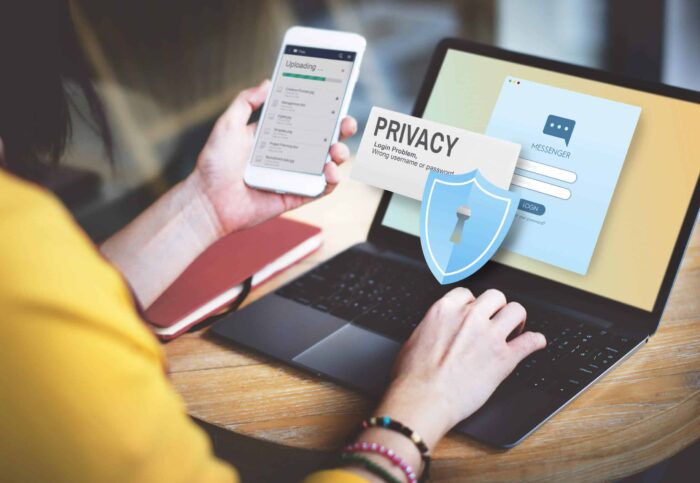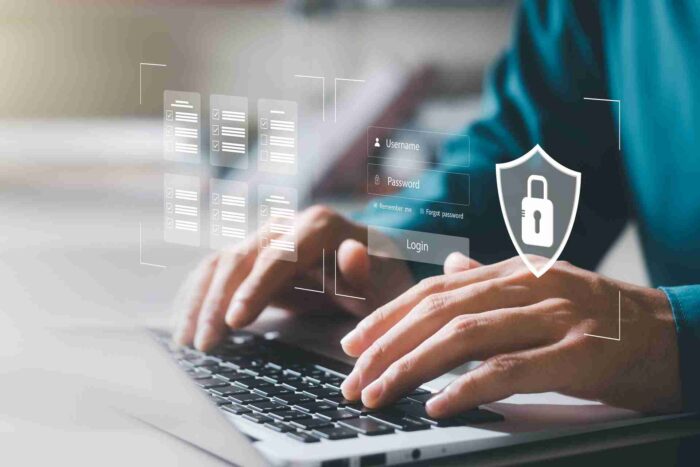Think for a moment about everything you do online. You pay bills, you shop, and chat with friends and family. Every click and every action leaves a digital trail. This information makes up your online identity when it’s all put together.
The digital version of you is valuable, to you but also to people who might want to exploit it. So, how safe is this important part of your modern life? Sadly, the answer is often not as good as we might hope.
Growing Danger to Online Identities
Cybersecurity statistics often show data breaches rising, as well as identity theft. These events can have serious real-life effects. Imagine someone getting your bank details and taking your money or using your information to set up loans. It causes significant financial and emotional problems for people affected.
The way criminals attack is also getting smarter and harder to spot. It’s never been more important to understand how criminals target your data, and what you can do to stop them from getting their hands on it.
Common Tricks Used to Steal Your Data
Criminals use different tricks to steal your personal information.
Phishing is still common, where fake messages make you reveal private details like passwords or credit card numbers.
Another common scam uses malware. This software can record what you type, steal your files, or even let someone control your computer from elsewhere.
Social engineering is a common tactic used by fraudsters. It makes people reveal information or do things they usually wouldn’t. For example, a seemingly innocent phone call from someone saying they are tech support could get you to give them access to your computer. Once they’re in, your data is at risk.
How to Keep Yourself Safe?
Looking after your online identity means you must be careful about what you do online.
Start by making your passwords stronger. Avoid using easy words or common phrases. Pick longer, mixed-up combinations of letters, numbers, and symbols. Think about using a password manager to safely store and create different passwords for all your online accounts. This way, your other accounts will still be safe if one gets hacked.
Turn on two-step verification (2FA) whenever you can. This feature adds an extra safety step by requiring to check that it’s you logging in. Usually, it sends a code to your phone after typing in a password when you log in. Even if a hacker gets your password, they are unlikely to have your phone, and this verification stops them from getting in.
If you receive unexpected emails or texts, be careful before clicking on links or open attached files. Check if requests are real by contacting the company directly through their official website or phone number.
Your Role in Protecting Your Online Identity
While the dangers to your digital identity are real and growing, you are not powerless.
Although these actions might seem small, together they build a strong defence around your online life. They make it much harder for criminals to access your personal information.
Take control of your digital security and significantly reduce your risk.



